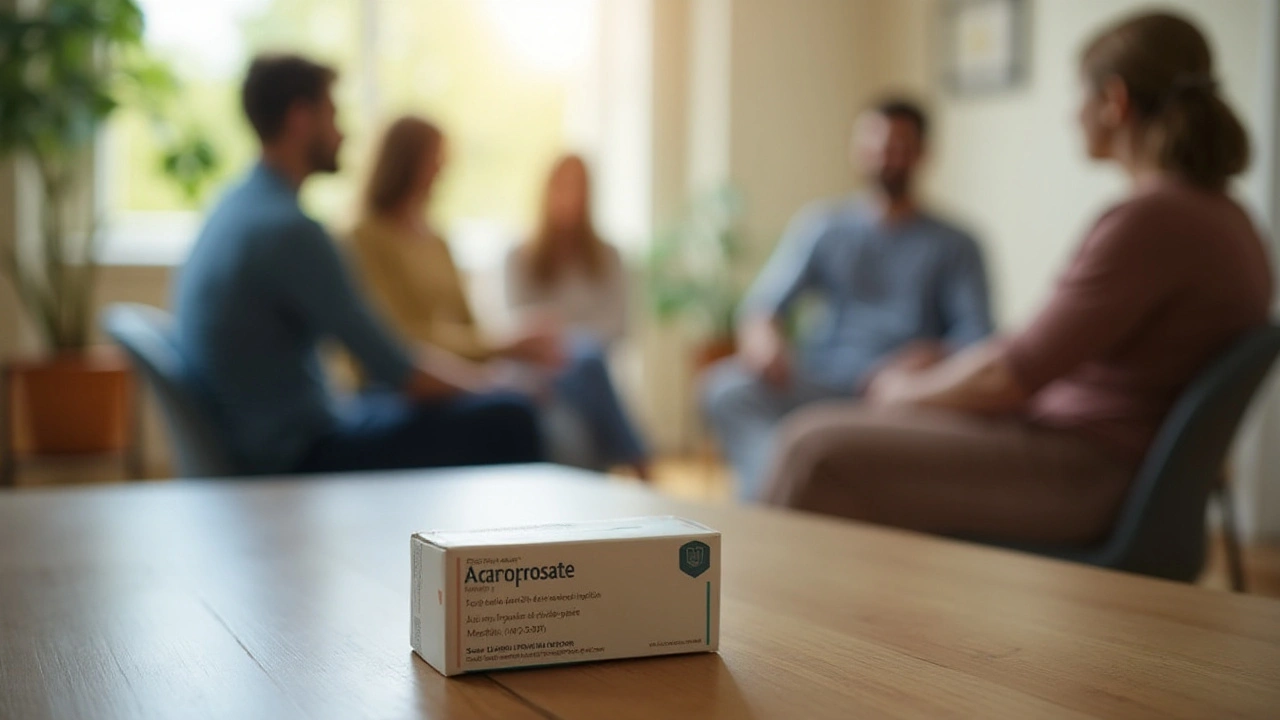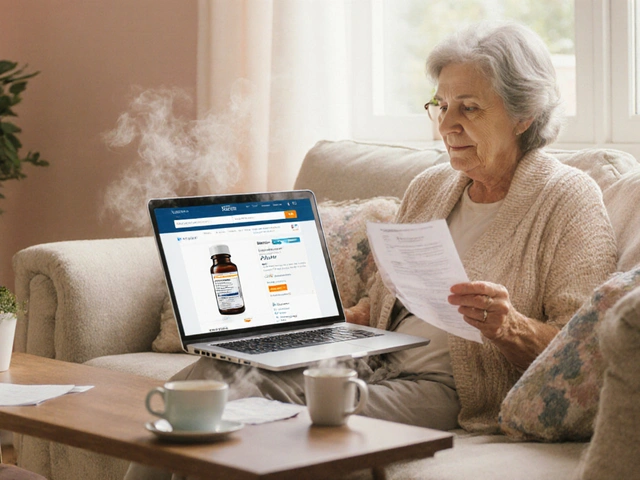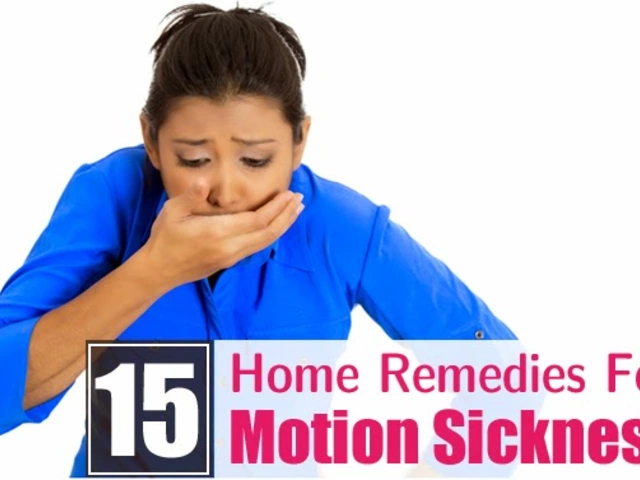Alcohol rehab: what actually happens and how to choose
Thinking about alcohol rehab feels big and confusing. You’re not alone. This page gives plain, practical help so you know what to expect, how to pick a program, and how to plan for life after rehab. No fluff—just the steps and questions that matter.
What to expect in detox and early treatment
First step is usually an assessment. A clinician asks about drinking history, health conditions, medications, and past attempts to quit. If you drink heavily, detox may be medically supervised—this reduces the risk of severe withdrawal like seizures or delirium tremens. Hospitals or specialized detox centers can offer medicines such as benzodiazepines for safe withdrawal management.
After detox, treatment shifts to therapy. Expect a mix of individual counseling, group therapy, and education about addiction. Common therapies include cognitive behavioral therapy (CBT), motivational interviewing, and family therapy. Programs vary in intensity: inpatient (residential) gives 24/7 care, while outpatient lets you live at home and attend sessions during the day or evening.
How to pick the right program
Match the program to your needs. Ask: Do I need medical detox? Can I stay away from triggers for 30 days or more? Is dual diagnosis care available if I have depression or anxiety? Check staff credentials, aftercare options, and whether the program uses evidence-based therapies. If medication-assisted treatment (MAT) is needed, ask about options like naltrexone or acamprosate and how meds are monitored.
Cost and insurance matter. Many insurers cover part or all of rehab—call your provider and get pre-authorization details. If insurance won’t cover it, look into sliding-scale clinics, state-funded programs, or payment plans. Don’t assume private = better; quality care can be found in many settings.
Safety tip: If withdrawal includes confusion, high fever, rapid heartbeat, or seizures, go to the ER immediately. Those signs mean medical emergency.
Aftercare is where long-term success happens. Good programs include relapse prevention planning, outpatient counseling, and connections to peer support like Alcoholics Anonymous or SMART Recovery. Sober living houses can help bridge the gap between residential treatment and independent life.
Simple checklist of questions to ask a rehab center: What’s included in the program? Who will treat me (credentials)? How do you handle medical emergencies? Is family involved? What happens after discharge?
Relapse isn’t failure—it’s a signal to adjust the plan. If one approach doesn’t fit, try another: longer residential care, a different therapist, or medication support. Recovery is a process, and practical planning increases your odds.
Apostrophe Pharma Guide covers medications and tools used in addiction care and general health info that helps during recovery. Browse articles on meds, interactions, and safe use to stay informed while you work on recovery.
If you want, I can help you find local rehab types, list questions to ask your doctor, or explain common meds used in treatment. Which would help most right now?

Acamprosate in Alcohol Rehab: Effective Integration into Treatment Programs
Exploring the role of Acamprosate in alcohol rehabilitation, this article delves into how the medication can be integrated into treatment programs to aid in recovery. It examines the benefits and limitations of using Acamprosate and provides practical tips for effective integration. The piece seeks to offer insights to rehab professionals and individuals interested in understanding this approach to treating alcohol dependency.
Read More




